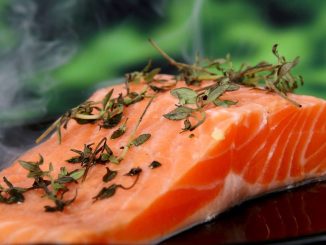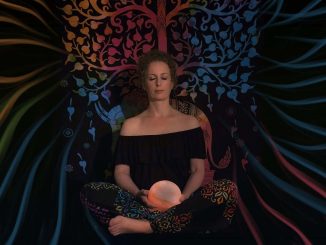It seems we can’t find what you’re looking for. Perhaps searching can help.
Page not found (404)
Latest Articles
-

How Do CBD and Omega-3 Work Together?
January 21, 2020 Comments Off on How Do CBD and Omega-3 Work Together? -
 January 21, 2020 Comments Off on Why Japanese Women Don’t Get Hot Flushes
January 21, 2020 Comments Off on Why Japanese Women Don’t Get Hot Flushes -
 January 21, 2020 Comments Off on 10 Skincare Tips For 2020
January 21, 2020 Comments Off on 10 Skincare Tips For 2020 -
 January 21, 2020 Comments Off on CBD Oil For Anxiety
January 21, 2020 Comments Off on CBD Oil For Anxiety
Popular Articles
-

CBD Oil For Anxiety
January 21, 2020 Comments Off on CBD Oil For Anxiety -
 January 21, 2020 Comments Off on 10 Skincare Tips For 2020
January 21, 2020 Comments Off on 10 Skincare Tips For 2020 -
 January 21, 2020 Comments Off on Why Japanese Women Don’t Get Hot Flushes
January 21, 2020 Comments Off on Why Japanese Women Don’t Get Hot Flushes -
 January 21, 2020 Comments Off on How Do CBD and Omega-3 Work Together?
January 21, 2020 Comments Off on How Do CBD and Omega-3 Work Together?
